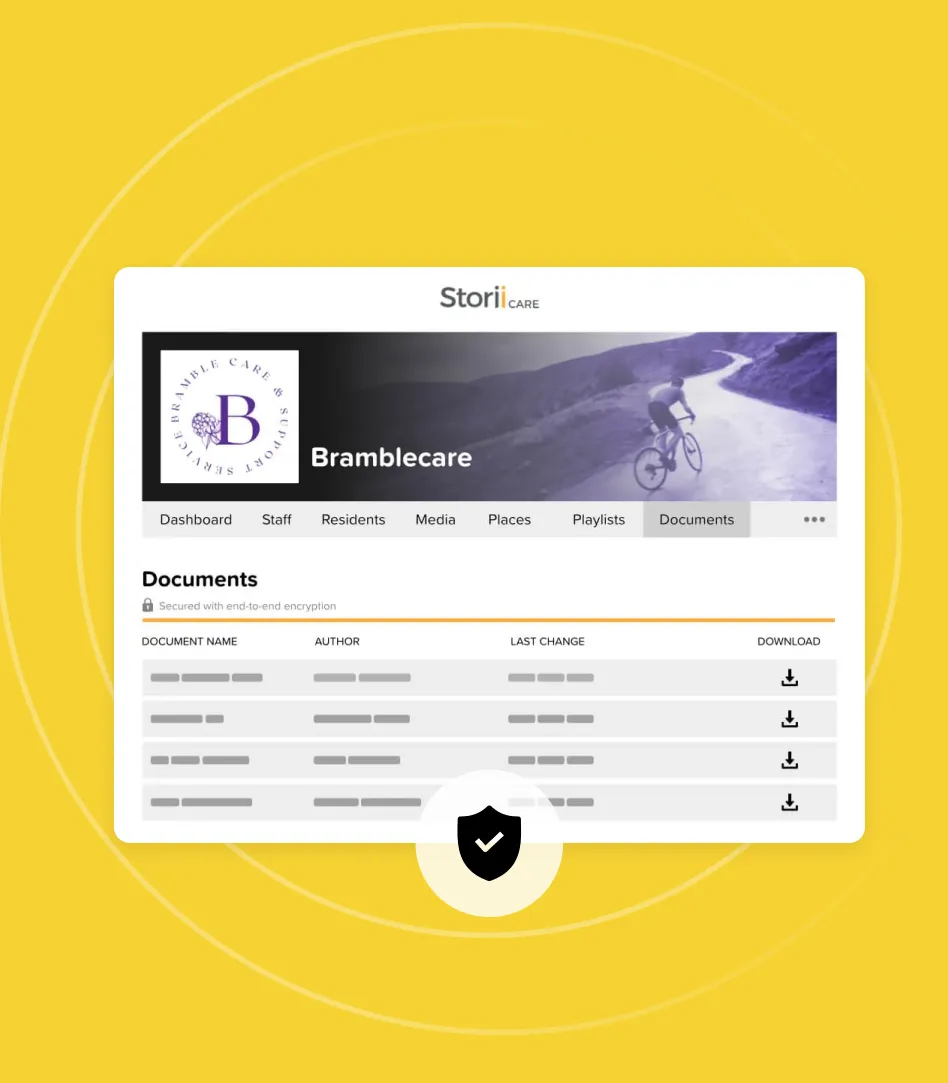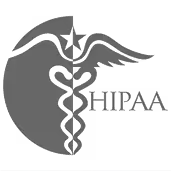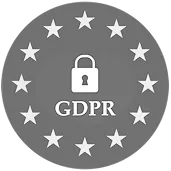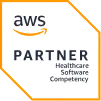In senior care, trust is everything and that includes how you handle data.
Whether it’s sensitive health records, family contact information, or staff notes, protecting your digital environment is critical to running a safe, compliant, and professional care service.
At StoriiCare, we work closely with adult day centers, residential care communities, and other community-based providers. We’ve compiled this guide to help your organization strengthen its data security practices- without overwhelming your team.
Here are 10 data security best practices every senior-care provider should follow:
1. Use a Secure, Cloud-Based EHR
Avoid relying on spreadsheets, paper notes, or unsecured platforms. A reputable, cloud-based system like StoriiCare stores data securely with encrypted backups, access controls, and regular updates.
Tip: Make sure your EHR complies with HIPAA (USA) PIPEDA (Canada), GDPR (EU/UK), or any local regulations.
2. Create Strong, Unique Passwords for All Users
Encourage staff to create secure passwords, using a mix of letters, numbers, and symbols, and never reuse them across systems.
Tip: Use a password manager to help staff store credentials safely and reduce password fatigue.
3. Implement Role-Based Access Controls
Not every staff member needs access to every piece of data. Set user permissions based on job roles to ensure people only see the information they need.
With StoriiCare, you can configure granular access settings for each staff member.
4. Enable Multi-Factor Authentication (MFA)
MFA adds an extra layer of security by requiring a code (e.g., via text or app) in addition to a password. This helps prevent unauthorized access even if a password is compromised.
5. Train Staff on Data Privacy & Cyber Hygiene
Even the best systems can’t protect you from human error. Provide regular training to ensure staff know how to:
- Spot phishing emails
- Lock devices when not in use
- Report suspicious activity
- Handle personal data appropriately
6. Keep Devices Secure
If staff are using tablets, smartphones, or laptops, make sure devices are:
- Password-protected
- Auto-locked after inactivity
- Kept up to date with the latest software and security patches
7. Monitor Access Logs
Track who accesses what and when. Audit logs help identify unusual behavior and can be crucial for investigations or compliance checks.
StoriiCare provides visibility into system activity so you stay in control.
8. Use Secure Networks
Avoid public Wi-Fi and use encrypted, secure internet connections, especially when accessing sensitive data remotely.
StoriiCare allows for IP Allow/Disallow lists for Enterprise users.
Tip: Use a Virtual Private Network (VPN) for extra security if staff work outside the care setting.
9. Back Up Data Regularly
Ensure all data is backed up automatically and frequently. Cloud-based EHR systems should handle this for you, but confirm how backups are stored and how quickly they can be restored.
10. Work With Trusted Vendors
Only partner with software providers who take data security seriously. Ask about their encryption protocols, server locations, third-party certifications (SOC 2 Type II, ISO 27001, Cyber Essentials Plus), and compliance with care regulations.
StoriiCare is designed specifically for senior-care settings, with security, compliance, and ease-of-use at the core.
Final Thoughts
Data security isn’t just a tech issue- it’s a care quality issue.
By putting strong privacy practices in place, you protect your service users, your staff, and your organization’s reputation. And with tools like StoriiCare, it’s easier than ever to manage data securely while improving workflows and care outcomes.
👉 Book a demo to learn how StoriiCare helps senior-care providers stay compliant, efficient, and secure — every day.


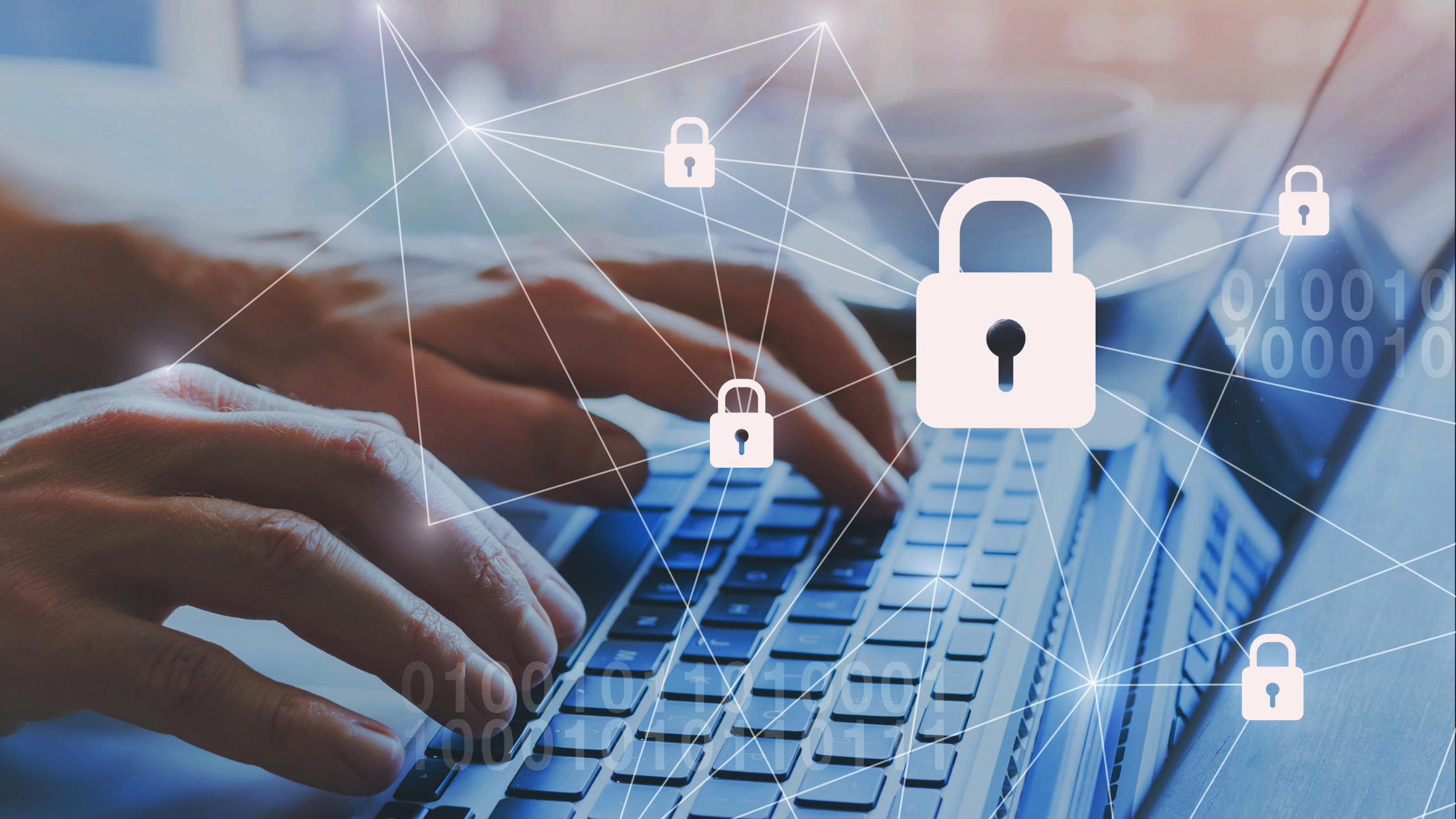

.png)
.png)
.png)
